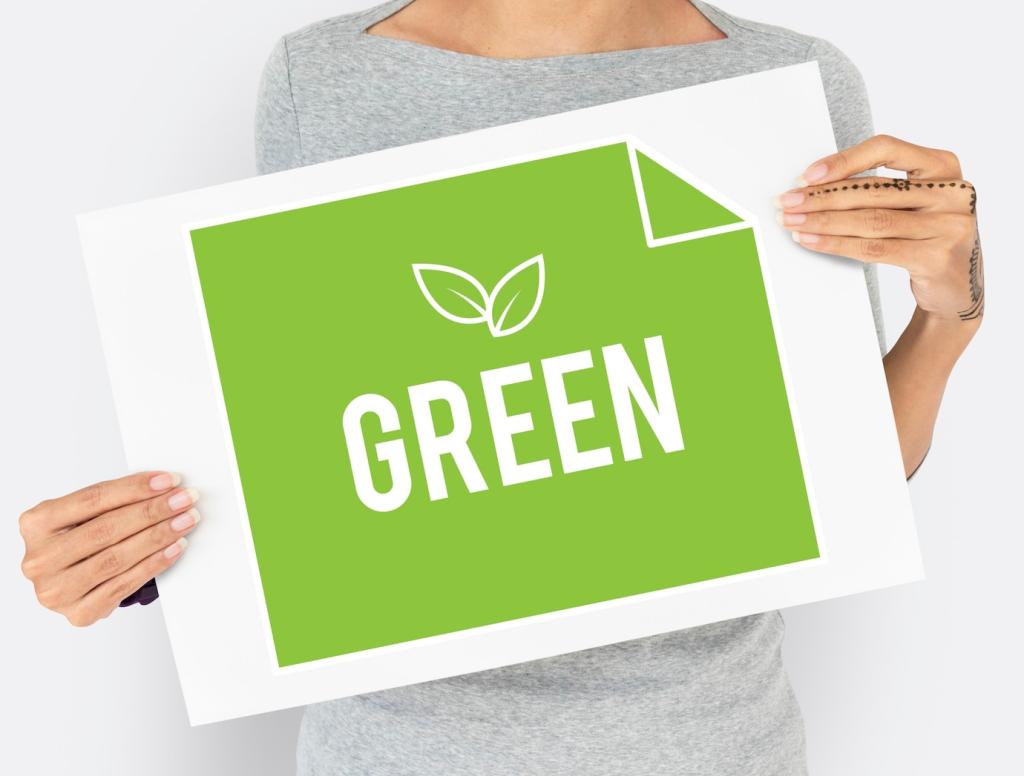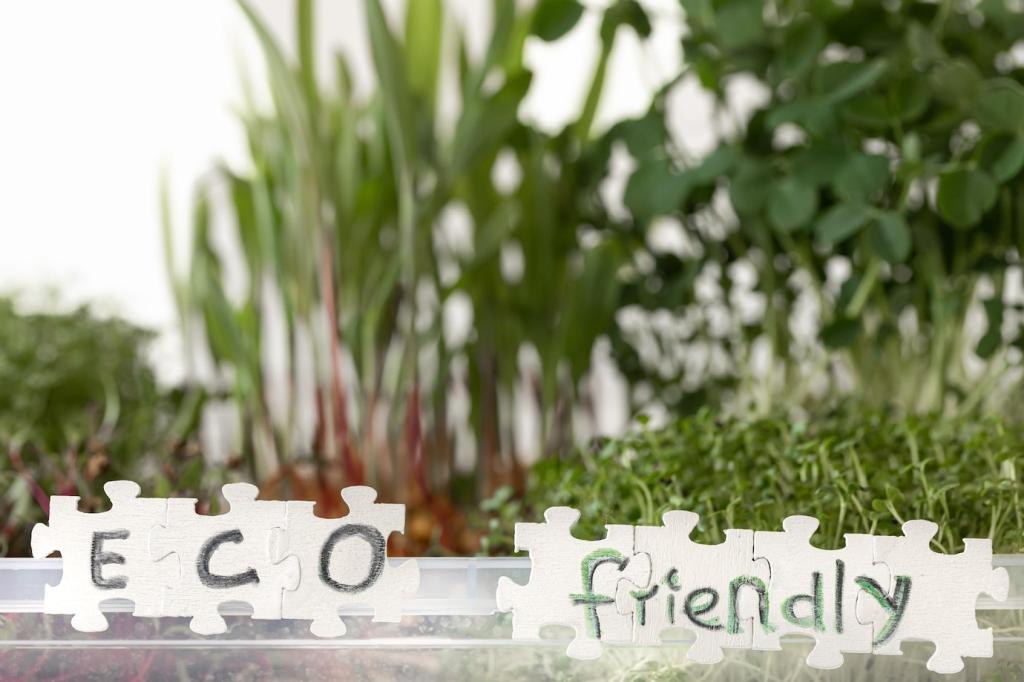SEO Best Practices for Eco-Friendly Furniture Websites
Chosen theme: SEO Best Practices for Eco-Friendly Furniture Websites. Welcome to a warm, human guide where sustainability meets smart search. Settle in, sip something soothing, and discover how ethical choices can rank, resonate, and convert. If this theme sparks ideas, subscribe and tell us what challenge you want solved next.
Start with three paths: learn, compare, and buy. Pair questions like “what is FSC wood” to educational hubs, “reclaimed oak vs bamboo” to comparisons, and “non-toxic nursery dresser near me” to product and store pages.
Keyword Strategy with a Green Heart
Technical SEO That Respects the Planet
Compress images, lazy‑load below‑the‑fold media, and ship modern formats like AVIF. Minify CSS and JavaScript, defer non‑critical scripts, and aim for excellent Core Web Vitals. Faster pages waste less energy and boost conversions.
Technical SEO That Respects the Planet
Use Product, Offer, and AggregateRating schema, and describe materials with the material property. Add additionalProperty for certification details and emissions disclosures. Rich, accurate metadata helps search engines surface your ethical differentiators responsibly.
Technical SEO That Respects the Planet
Semantic headings, descriptive alt text, strong color contrast, and keyboard‑friendly navigation help everyone. Accessible experiences reduce bounce, extend engagement, and signal quality—exactly the behaviors algorithms reward and conscious customers remember.
Content That Tells the Sustainability Story
From Forest to Living Room
Narrate the life of a reclaimed oak table: the barn it came from, the craftsperson’s restoration, the non‑toxic finish, the families it gathers. Stories create memorable keywords and meaningful backlinks readers willingly share.
Guides People Save and Share
Publish evergreen resources: a low‑VOC finishes explainer, a bamboo care guide, a durability checklist, and end‑of‑life donation options. Practical, cited advice earns bookmarks, natural links, and returning visitors who trust your expertise.
Expert Voices and Transparent Data
Interview suppliers, cite lifecycle assessments, and publish sourcing maps. When claims are supported with names, numbers, and proof, your content earns mentions from journalists, educators, and eco‑directories that strengthen rankings.


Local SEO for Conscious Shoppers
Choose accurate categories, add curbside and in‑store attributes, upload authentic photos of materials and workshops, and answer Q&A about finishes and certifications. Post weekly updates highlighting sustainability initiatives and new responsibly sourced arrivals.
Local SEO for Conscious Shoppers
Keep name, address, and phone consistent across your site, citations, and maps. Seek listings in design, artisan, and sustainability directories, ensuring descriptions emphasize certifications, material transparency, and repair or take‑back options.


Ethical Link Building and Digital PR
Publish a yearly sustainability report with measurable goals: recycled content ratios, waste reduction, and transit emissions lowered. Pitch digestible highlights to design and environmental media with quotable visuals and downloadable datasets.
Ethical Link Building and Digital PR
Co‑create case studies with mills, finish providers, and nonprofits. Mutual pages often earn links from multiple domains—supply chain partners, associations, and event organizers—building authority while showcasing verified ethical practices.



